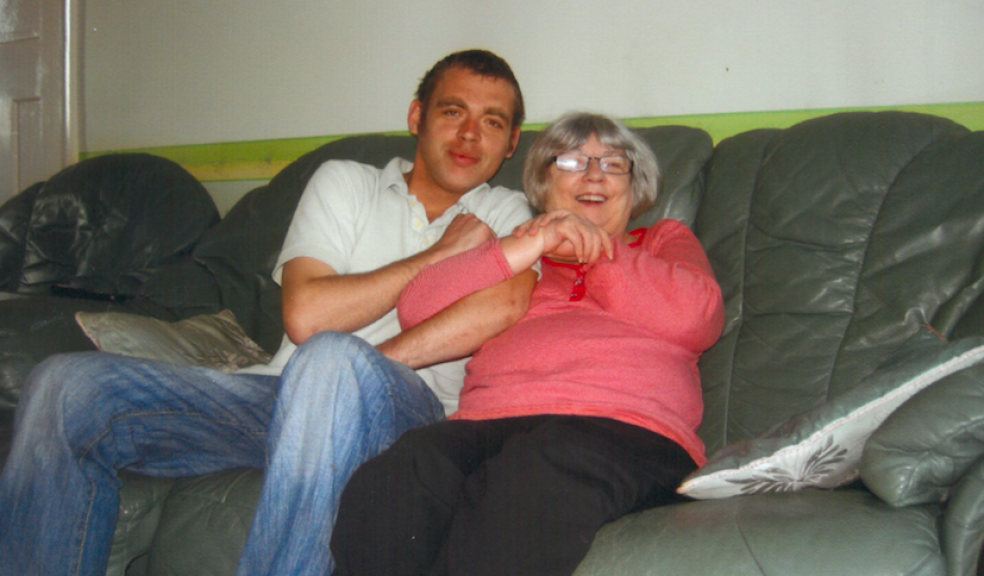
Compensation achieved for Plymouth parents of son killed by police Taser
Parents who saw their son engulfed in flames after the police discharged a Taser at him, have (Wednesday, 17 August) received compensation as part of an out-of-court settlement agreed with Devon and Cornwall Constabulary.
Kelvin and Jean Pimlott, whose 32-year-old son Andrew died in hospital a few days after sustaining severe burns outside the family’s home in Plymouth, have been awarded an undisclosed sum by Devon & Cornwall Police for the role they played in his death.
Mr and Mrs Pimlott, who have both been diagnosed with Post Traumatic Stress Disorder, will receive ongoing counselling as part of the settlement.
Ali Cloak, inquest specialist at law firm Withy King who represented Mr and Mrs Pimlott at the inquest into their son’s death and in their subsequent claim for compensation, said: “We are pleased to have achieved a settlement for Andrew’s parents despite Devon and Cornwall Constabulary’s continuing refusal to accept any liability for his death. We are also pleased to have secured counselling to help Mr and Mrs Pimlott cope with the trauma of what they witnessed. While no amount of compensation will ever make up for what they saw or for the loss of their son, I hope that the settlement will provide some sort of closure and allow them to start to rebuild their lives.”
The incident occurred on 18 April 2013 after police were called to Mr and Mrs Pimlott’s home where Andrew had doused himself in petrol. Police discharged a Taser at him and a fire erupted, engulfing Andrew in flames. He died in hospital from extensive burn injuries a few days later.
The family have always maintained that the Police failed to try to engage with their son upon arrival and that the officers failed to properly assess the risk of discharging the Taser. Police officers are trained that a Taser can be expected to have the same effect as a lit match.
Andrew’s father, Kelvin Pimlott, said: “We are relieved to have reached the end of this process but it hasn’t changed our view that the use of Tasers needs to be very carefully restricted, especially where there are flammable substances. My boy was unarmed and posed no threat to anyone. He poured petrol over himself to get attention. He was deeply frustrated and needed help. He didn’t want to die. If the police had used any other method then my son would still be alive today. We are certain that a Taser should never have been used with Andrew, where he was known to be covered in fuel but was not posing a threat. Time and time again, Tasers are proving lethal and they clearly require much more stringent regulation and training to prevent further unnecessary deaths.”
An inquest into Andrew’s death in September 2015, concluded that a Taser fired by a police officer was the most probable cause of the fire which killed him. The jury returned a narrative verdict, saying they felt the Taser was the most likely source of ignition.
Following the inquest conclusion, in a report published on 2 October 2015, the Independent Police Complaints Commission (IPCC) recommended that the National Police Chiefs’ Council (NPCC) and the College of Policing (CoP) revise their Taser training to provide officers with a more comprehensive guide on dealing with flammable liquids. The IPCC made clear that following this incident, Taser should only be considered for use in the presence of flammable substances as a last resort, and after every other available option has been considered and discounted. The recommendation is included in the IPCC investigation report that examined events surrounding the death of Andrew Pimlott and the discharge of Taser.
The Pimlotts have expressed their concerns about a number of issues in the ensuing investigation, including that the implicated officers were not interviewed immediately after the event, they were initially allowed to be interviewed together and that two neighbours, who were eye witnesses, were not interviewed as part of the IPCC investigation into Andrew’s death.













